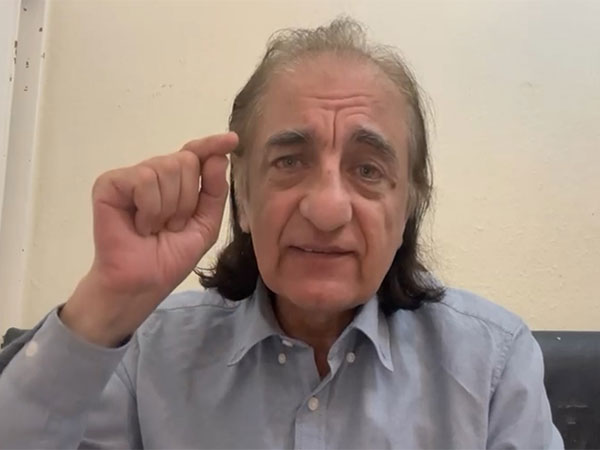Russia-Ukraine war: Top Kremlin official warns Poland's actions could 'unleash World War III'
Nov 03, 2023

Moscow [Russia], November 3 : Russian Security Council Deputy Chairman, Dmitry Medvedev, has warned that Poland's actions may lead to a direct confrontation with Russia and Belarus, potentially leading to a third World War.
Medvedev believes Poland could fulfil "the role of 'the hyena of Europe' that unleashed World War III", TASS reports.
The Russian delegate made this claim, condemning Poland's "reckless actions". He believed that "World War III" would occur if Poland were to seek support from NATO (North Atlantic Treaty Organisation) allies.
NATO, formed in 1949, currently includes 31 member states including Canada, Belgium, the United Kingdom, the United States and Turkiye (formerly Turkey).
The build-up of the Polish military, along with Poland's increasing presence in Ukraine has led Medvedev to pose a threat to Poland. Medvedev said, "Poland's own military build-up and Polish military presence in Ukraine may trigger a direct confrontation between Warsaw and Belarus and Russia", a TASS report has said.
Writing in the Russian newspaper, Rossiyskaya Gazeta, Medvedev stated that Russia's allied groups are prepared to give "an appropriate response to prevent threats that stem from the evil ambitions of the Polish establishment".
Medvedev has issued the warning that there will be, "far-reaching dangerous consequences for the entire world", TASS has reported.
Medvedev's comments come shortly after Russian President, Vladimir Putin's repudiation of the Comprehensive Nuclear Test Ban Treaty (CTBT).
The treaty was signed on behalf of Russia on September 24, 1996 in New York and ratified by Russia on May 27, 2020.
Despite this Russia has stated that Moscow will continue to respect the Comprehensive Nuclear Test Ban Treaty, only resuming nuclear tests under the condition that the United States does the same, Al Jazeera reported.
Putin said on October 5, "I hear calls to start testing nuclear weapons. I am not ready to say whether we really need to conduct tests or not."




















